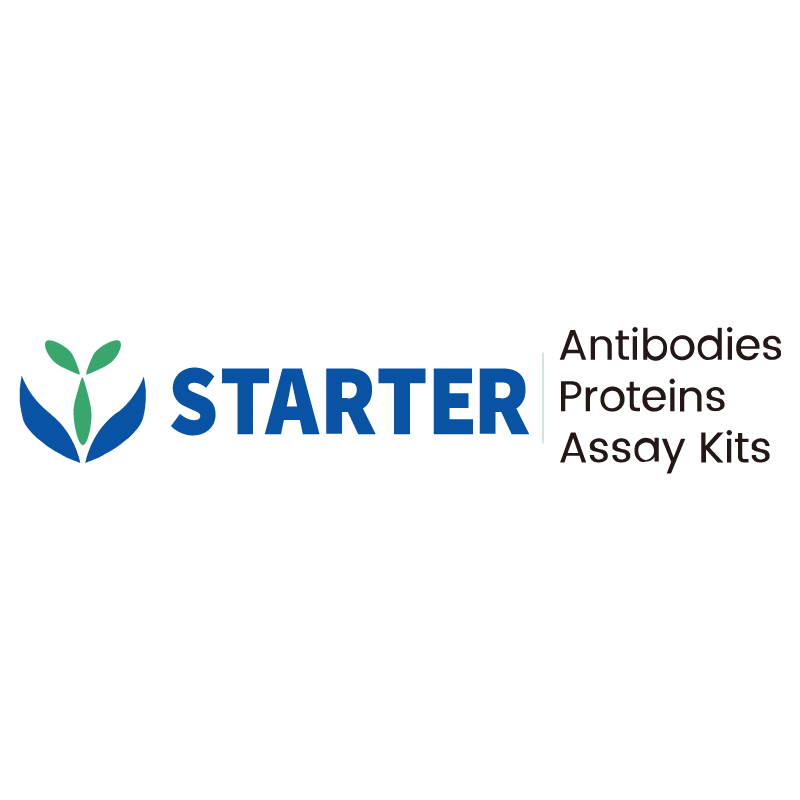2 μg(R: reducing conditions)
Product Details
Product Details
Product Specification
| Species | Human |
| Synonyms | OCLN |
| Accession | Q16625 |
| Amino Acid Sequence | Protein sequence (Q16625, Ala383-Thr522, with C-His tag) AKGRAGRSKRTEQDHYETDYTTGGESCDELEEDWIREYPPITSDQQRQLYKRNFDTGLQEYKSLQSELDEINKELSRLDKELDDYREESEEYMAAADEYNRLKQVKGSADYKSKKNHCKQLKSKLSHIKKMVGDYDRQKT |
| Expression System | E.coli |
| Molecular Weight | Predicted MW: 18.4 kDa Observed MW: 20 kDa |
| Purity | >95% by SDS-PAGE |
| Endotoxin | <0.1EU/μg |
| Conjugation | Unconjugated |
| Tag | with C-His tag |
| Physical Appearance | Lyophilized Powder |
| Storage Buffer | Lyophilized from a 0.2 μm filtered solution of 0.2M PBS, pH7.4. |
| Reconstitution | Reconstitute no more than 1 mg/mL according to the size in deionized water after rapid centrifugation. |
| Stability & Storage | 12 months from date of receipt, -20 to -70 °C as supplied. |
Background
Occludin is a transmembrane protein that regulates the permeability of epithelial and endothelial barriers. It was first identified in epithelial cells as a 65 kDa integral plasma-membrane protein localized at the tight junctions. Occludin is not only present in epithelial/endothelial cells, but is also expressed in large quantities in cells that do not have tight junctions but have very active metabolism: pericytes, neurons and astrocytes, oligodendrocytes, dendritic cells, monocytes/macrophages lymphocytes, and myocardium. Occludin is a NADH oxidase that influences critical aspects of cell metabolism like glucose uptake, ATP production and gene expression. Furthermore, manipulation of occludin content in human cells is capable of influencing the expression of glucose transporters, and the activation of transcription factors like NFκB, and histone deacetylases like sirtuins, which proved capable of diminishing HIV replication rates in infected human macrophages under laboratory conditions.
Picture
Picture
SDS-PAGE


